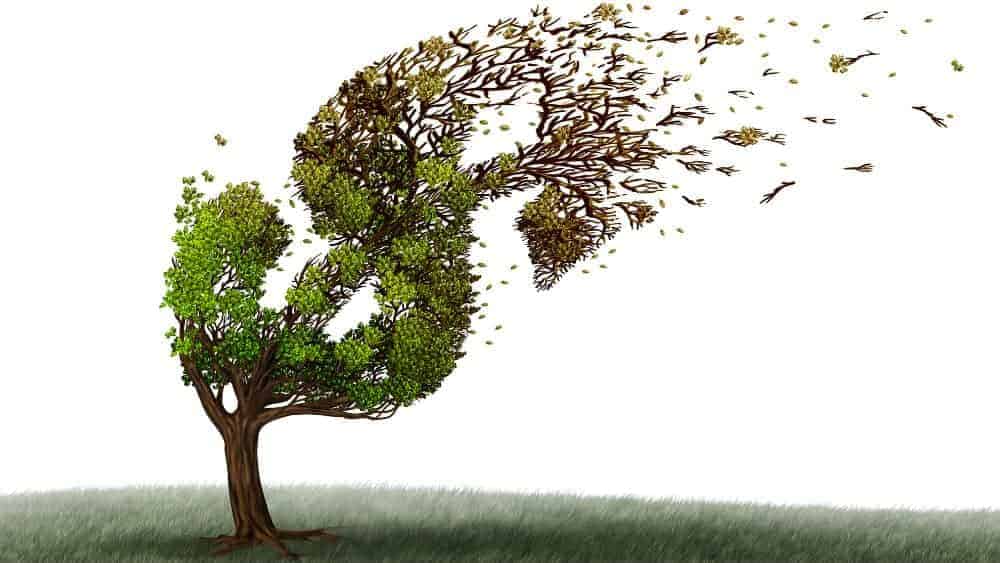We keep hearing the term recession now that the global economy is on the verge of a breakdown. The International Monetary Fund (IMF) and the World Bank (WB) are warning countries of a major global recession.
Economic indicators are signalling one, particularly because there’s widespread economic decline. However, if the novel coronavirus is causing unprecedented damage to world economies, shouldn’t it be a depression already?
Severity
The factors that affect a recession are the same factors that will lead to depression. By definition and in economic terms, a recession occurs when there’s a sharp decline in economic activity and the business cycle is therefore contracting.
A depression occurs when there’s a long-term downturn in national or global economic activity. Thus, the main difference is the severity of the economic downturn. But because the damage of COVID-19 to the world is extensive, many are using the term depression instead of recession.
When the widespread economic decline lasts six months, the economy enters a recession that could last 18 months. Beyond the six months decline, a depression follows and could last for several years or even a decade.
Past downturns
Over the past decades, there have been four global recessions on record and only one depression. In the years 1975, 1982, 1991, and 2009, we experienced severe economic and financial disruptions globally.
The recession in each year was highly synchronized around the world. Of the four recessions, the deepest and most synchronized of all was in 2009. Despite the struggles, developing economies and most emerging markets were able to weather the storm and a stronger recovery followed.
The lone depression was the Great Depression of 1929. This worldwide economic downturn lasted 10 years and was triggered by a stock market crash in the U.S. Some of the solutions that helped end the depression were sound monetary policies, job creation, and other safeguards to prevent another catastrophe.
Recession is coming
Royal Bank of Canada (TSX:RY)(NYSE:RY) is predicting that Canada will enter into a recession later in 2020. Two factors — COVID-19 and plunging oil prices — are weighing down on the economy. Prime Minister Justin Trudeau even said that normal life won’t fully return until there is a vaccine for coronavirus.
RBC sees the economy contracting in the second and third quarters, with annualized declines of 2.5% and 0.8%, respectively. The bank expects it to pick up by the fourth quarter after the pandemic’s impact has run its course up to the end of the first half of 2020. The economic recovery could take longer due to lower oil prices.
The shares of the largest bank of Canada are also reeling from the market crash. Its stock price has down to $88.25 as of April 9, 2020. The year-to-date loss is 13.26%, although the dividend yield is 4.97%
Hoping for the cure
RBC has endured all four global recessions and one depression. The bank is likely too big to fall. However, Canada is falling into recession. Everyone is hoping for the vaccine to prevent a more severe recession, a depression.









